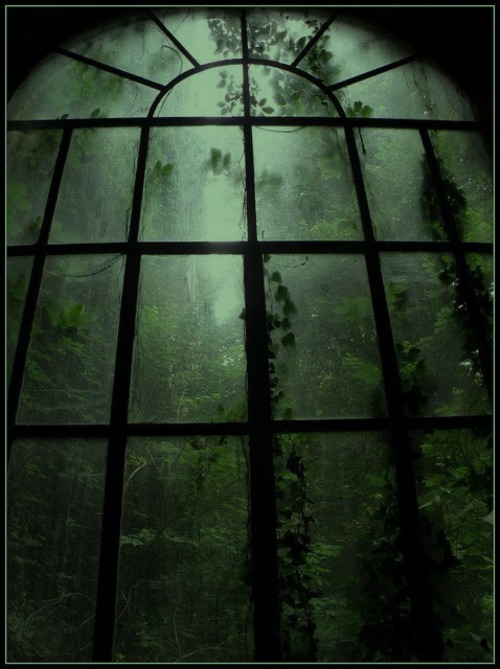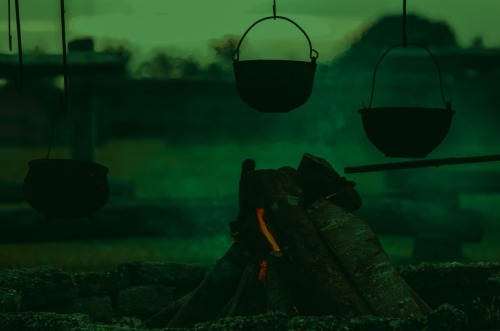I'm Down To Fuck
i'm down to fuck
-ing isolate myself from everyone i love
More Posts from Punchy-academic and Others
There’s a disturbing lack of agriculture content here.
your unreliable narrator fucking bit me
congrats, once you enter the magpod universe you are now bisexual unless it becomes important somehow.
YOU’VE HEARD OF DARK ACADEMIA/COTTAGECORE
now get ready for
DARK NATURALISM
- studying by the open window of ur house, feeling the breeze
- reading murder mysteries in a field of green green grass
- mysterious forces in the woods
- ignoring mysterious forces in the woods bc you have a midterm tomorrow
- following mysterious forces at 3 am because you’re done revising but couldn’t sleep anyways from all the tea
- tights and light plaid skirts;reds and maroons and whites;button downs;dresses of all kinds
-trousers either ankle length or rolled to be so;lightweight jackets;linen
i’m not explaining this well hehejs







Dear video essay creators. A video analysis is when you analyze a piece of media. No no look at me. A summary, no matter how thorough, is not an analysis. An analysis requires you to draw conclusions about the media such as authorial intent, real-world parallels, discussion about themes/worldbuilding/character motivation, and so much more. You have to stop summarizing something and saying that’s analysis. The Gaylors are doing more critical analysis than you. Is that who you want to lose to? The gaylors?










Interviewer: where do you see yourself in 5 years?
Me: I used escapist fantasies as a coping mechanism to get through years of trauma and therefore never learned how to plan for a real life future
Satellite Data in Ag-tion: From Space to Your Plate
As Earth’s climate changes, some places are drying out and others are getting wetter, including the land that produces the food we eat. Farmers have to figure out how to adapt to changing climate conditions.

Our fleet of satellites has been watching over Earth for more than half a century. Some, like our joint Landsat mission with the U.S. Geological Survey (USGS), collect valuable data about the crops that make up our food supply and the water it takes to grow them.

Combining this wealth of satellite data with observations on the ground allows us to track how crop production changes over the years.
For example, this map shows how croplands have changed over the years to feed a growing population. The Agriculture Department (USDA) has used Landsat data since 2008 to track crops growing in the continental United States.

Agricultural scientists can even focus in on data for individual crops like corn, wheat and soybeans. They can look closely at regional crops, like citrus, that grow in only a few areas.

This nationwide view — provided by Landsat satellites orbiting 438 miles above Earth — is important to track the nation’s food supply. But with data from other satellites, like our ECOSTRESS instrument and ESA’s (the European Space Agency) Sentinel-2, agricultural scientists can monitor how healthy crops are in real time and predict when they’ll be ready to harvest.
In this false-color image of California farmland, red areas peak early in the season, whereas blue areas peak late. This information helps farmers watch over the plants in their fields, predict when they’ll be ready to harvest, and maximize crop production.

But while growing more and more crops sounds good, there can be challenges, like water. Especially when there’s not enough of it.
During California’s recent drought, just over 1 million acres of fertile farmland (shown in green) were fallow, or unused (red) in 2015. That’s nearly double the number of unused fields in 2011, the last year with normal rainfall before the drought.

Irrigating acres and acres of farmland takes lots of water. With remote sensing, scientists can track how irrigation fluctuates with climate change, new water management policies, or new technologies. Research like this helps farmers grow the most crops with the least amount of water.

As our climate changes, it’s more important than ever for farmers to have the knowledge they need to grow crops in a warming world. The data collected by our Earth-observing satellites help farmers learn about the planet that sustains us — and make better decisions about how to cultivate it.
Make sure to follow us on Tumblr for your regular dose of space: http://nasa.tumblr.com
Victor Frankenstein: I have made a Monster.
Everyone: You fucked up a perfectly good corpse is what you did. Look at it. It’s got anxiety.

-
 oreos-and-korra reblogged this · 1 week ago
oreos-and-korra reblogged this · 1 week ago -
 pairadocks reblogged this · 2 months ago
pairadocks reblogged this · 2 months ago -
 punchy-academic reblogged this · 4 months ago
punchy-academic reblogged this · 4 months ago -
 punchy-academic liked this · 4 months ago
punchy-academic liked this · 4 months ago -
 teenagesellout liked this · 4 months ago
teenagesellout liked this · 4 months ago -
 qualityslimealmondknight liked this · 5 months ago
qualityslimealmondknight liked this · 5 months ago -
 annabm91l liked this · 6 months ago
annabm91l liked this · 6 months ago -
 annita89qav7a9uh liked this · 7 months ago
annita89qav7a9uh liked this · 7 months ago -
 ginger17swords liked this · 8 months ago
ginger17swords liked this · 8 months ago -
 sorryidontlaugh-at-therighttimes reblogged this · 10 months ago
sorryidontlaugh-at-therighttimes reblogged this · 10 months ago -
 nanamiii reblogged this · 11 months ago
nanamiii reblogged this · 11 months ago -
 maeztum liked this · 1 year ago
maeztum liked this · 1 year ago -
 nanamiii liked this · 1 year ago
nanamiii liked this · 1 year ago -
 s-h-y-y-a-n-n-e liked this · 1 year ago
s-h-y-y-a-n-n-e liked this · 1 year ago -
 xxo-simplicity liked this · 1 year ago
xxo-simplicity liked this · 1 year ago -
 warxpunkxmonk liked this · 1 year ago
warxpunkxmonk liked this · 1 year ago -
 negativexcreep reblogged this · 1 year ago
negativexcreep reblogged this · 1 year ago -
 lunaasirena liked this · 1 year ago
lunaasirena liked this · 1 year ago -
 nolongerpoisoned reblogged this · 1 year ago
nolongerpoisoned reblogged this · 1 year ago -
 king--koopa liked this · 1 year ago
king--koopa liked this · 1 year ago -
 eddogg951 reblogged this · 1 year ago
eddogg951 reblogged this · 1 year ago -
 eddogg951 liked this · 1 year ago
eddogg951 liked this · 1 year ago -
 atheseus-owl reblogged this · 1 year ago
atheseus-owl reblogged this · 1 year ago -
 morxwar liked this · 1 year ago
morxwar liked this · 1 year ago -
 thalitrowi liked this · 1 year ago
thalitrowi liked this · 1 year ago -
 reclaim-your-crown liked this · 1 year ago
reclaim-your-crown liked this · 1 year ago

Bad Writer. Occasional Artist. Big fan of agriculture.
152 posts